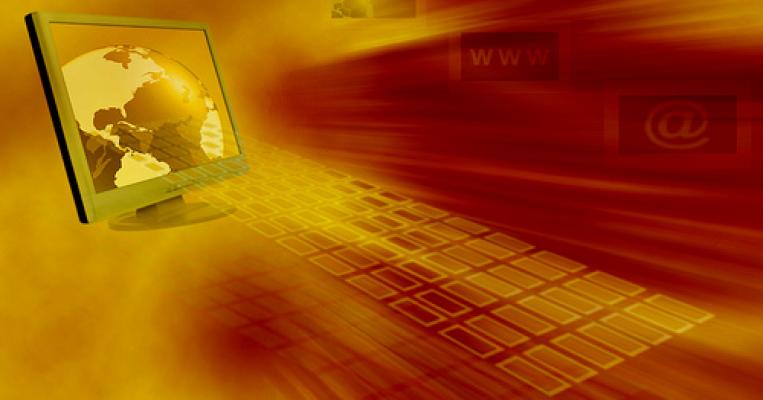If the Internet ever truly existed as a free and open global commons, that era vanished forever last year with the launching of the Stuxnet worm. Infected thumb drives and printer spooler software were used to bypass Iranian computer security measures, allowing Stuxnet to reach its target: the centrifuges at the heart of Iran’s nuclear program. The crippling attack, whose source remains unknown, reportedly set the Iranians back by months, if not years. Other nations took note.
Once a virtually borderless world, the Internet is being fenced in. Chris C. Demchak and Peter Dombrowski, both professors at the Naval War College, compare the process to the epoch-making Peace of Westphalia in 1648, which not only ended the Thirty Years’ War but also established the nation-state, with clearly demarcated territories under its control, as the dominant institution, along with a new system of interstate relations.
Stuxnet was only the most dramatic of a series of developments that are leading to a new Westphalian cybersystem. Mysterious hackers briefly shut down Estonia’s government and banking sites in 2007. Daily attacks on U.S. “.gov” and “.mil” sites “numbered in the millions” by 2008.
Policing the Internet is no longer a matter of punishing individual hackers and other domestic miscreants. Now governments are fighting organized crime and protecting against state-sponsored cyberattacks. In 2008, Sweden passed a controversial law allowing police to monitor all Internet traffic in and out of the country. Britain’s new Conservative government has “declared cyberthreats to be a top-tier national security issue.” And the United States recently established a new Cyber Command that, significantly, is under military rather than civilian control.
Of course, some countries have other motives for restricting the Internet. In China, the government has channeled all Web traffic in and out of the country to three gateways and is developing a new version of the Internet that will label every Chinese computer with its own unique Web address. That will make it much easier for Beijing to control debate and dissent within China.
Not long ago, the authors say, there was much optimistic talk of governing the Internet through some new kind of international arrangement. No longer. The Internet will recapitulate the world of nation-states. Even nations that do not choose to erect cyberborders will be forced to do so. “Attacks across borders will become state responsibilities, whether or not the state approves or guides the attacks,” the authors write. The Internet will soon have a new world order.

